Category Archives: Surveys and Opinion Polls

Over 200 national and multilingual polls, in six continents, are measuring people’s feelings and opinions about the coronavirus pandemic
by Pisana Ferrari – cApStAn Ambassador to the Global Village The non profit public service Gilani Gallopedia has taken on itself the mammoth task of pooling all the current global polling efforts on COVID-19, in a commendable effort to support the WAPOR network. It has searched over 200 national and 19 multinational polls for the …
Read More
Linguistic quality assurance in the translation of high stakes content related to the coronavirus pandemic
Pisana Ferrari – cApStAn Ambassador to the Global Village A recent article in Slator looks at the role the language service industry plays in the drug approval process, a very relevant issue at a time when 300+ clinical trials involving Covid-19 or coronavirus are being conducted around the world in the quest to find a vaccine. …
Read More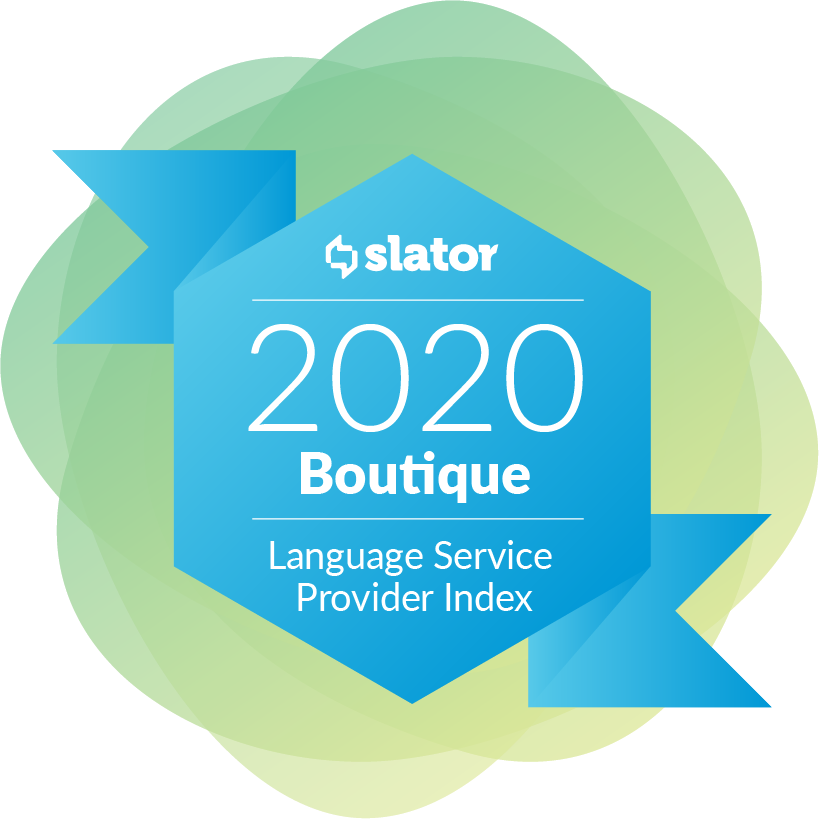
Breaking news: cApStAn listed in the Slator LSP Index
by Steve Dept, cApStAn CEO cApStAn has made in to the Top 100 on this year’s edition of the Slator LSP Index. We are listed in the category of the “Boutique Language Service Providers”. cApStAn is the only Belgian agency listed in this category, and is in the top 10 as regards growth rate from …
“Breaking news: cApStAn listed in the Slator LSP Index”
Read More
Why adequate training of linguists is a key component of translation quality in survey translation and adaptation
by Steve Dept, cApStAn CEO All language service providers will claim that they only work with experienced translators, which is mostly true, but this does not per se ensure translation quality. Serious organisations – and there are many – will invest time in preparing their survey translation and adaptation thoroughly: this may include carrying out …
Read More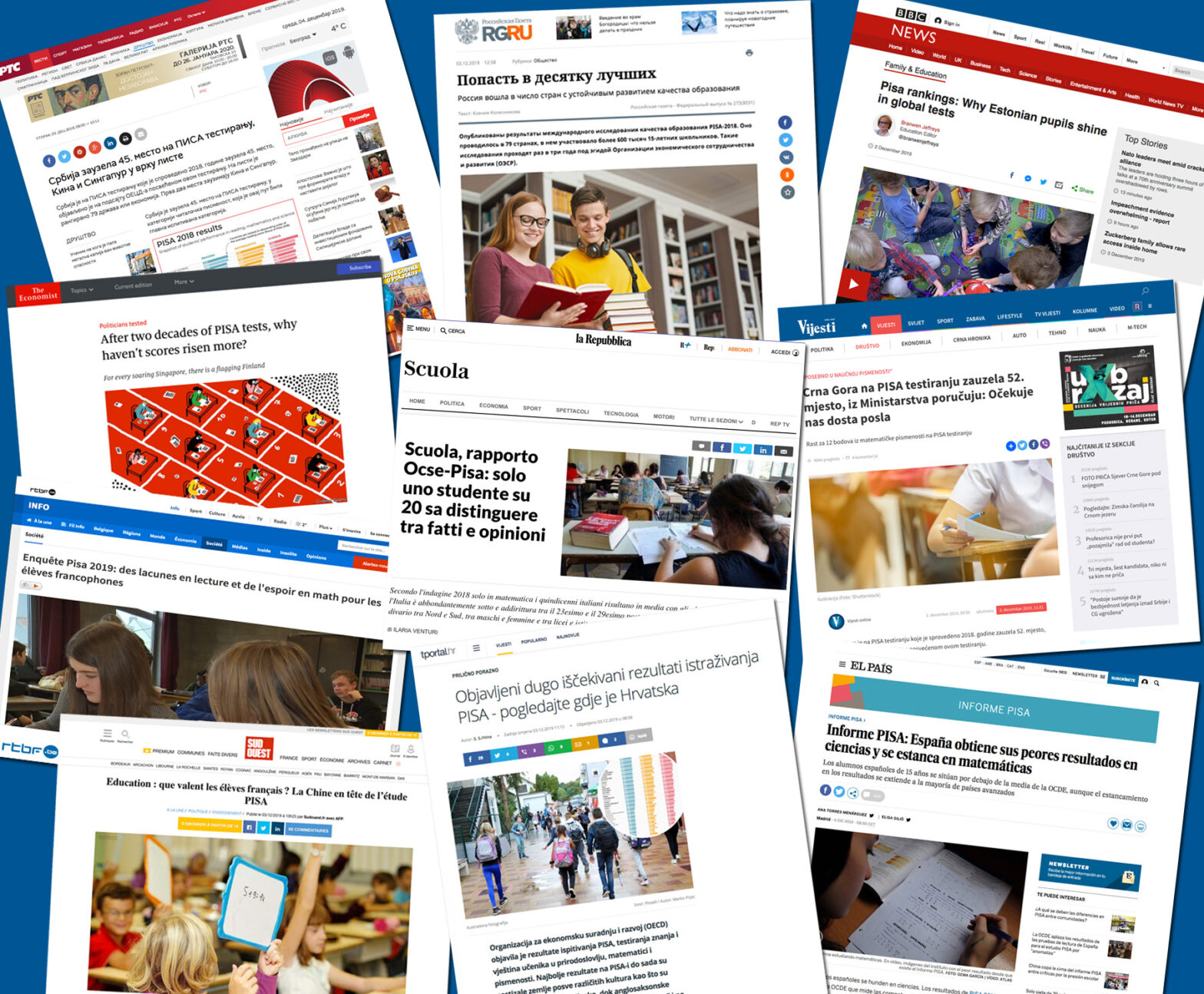
Release of OECD PISA studies 2018 results – worldwide resonance 🌎
In general, the press reports too much on country ranking and benchmarking, and too little on more interesting data such as within-country variance; gender equality in the three OECD PISA studies domains; resources invested in education; the correlation between the students’ (and schools’) socioeconomic status and their performance on PISA literacy scales; the effect of …
“Release of OECD PISA studies 2018 results – worldwide resonance 🌎”
Read More
Making the case for non-binary measures of gender in surveys and censuses
by Pisana Ferrari – cApStAn Ambassador to the Global Village Despite the global movement for greater recognition of gender diversity, few major surveys and censuses use non-binary gender questions outside the health and medical fields. One year ago we wrote an article on this topic for our blog (1), putting together what little literature we …
“Making the case for non-binary measures of gender in surveys and censuses”
Read More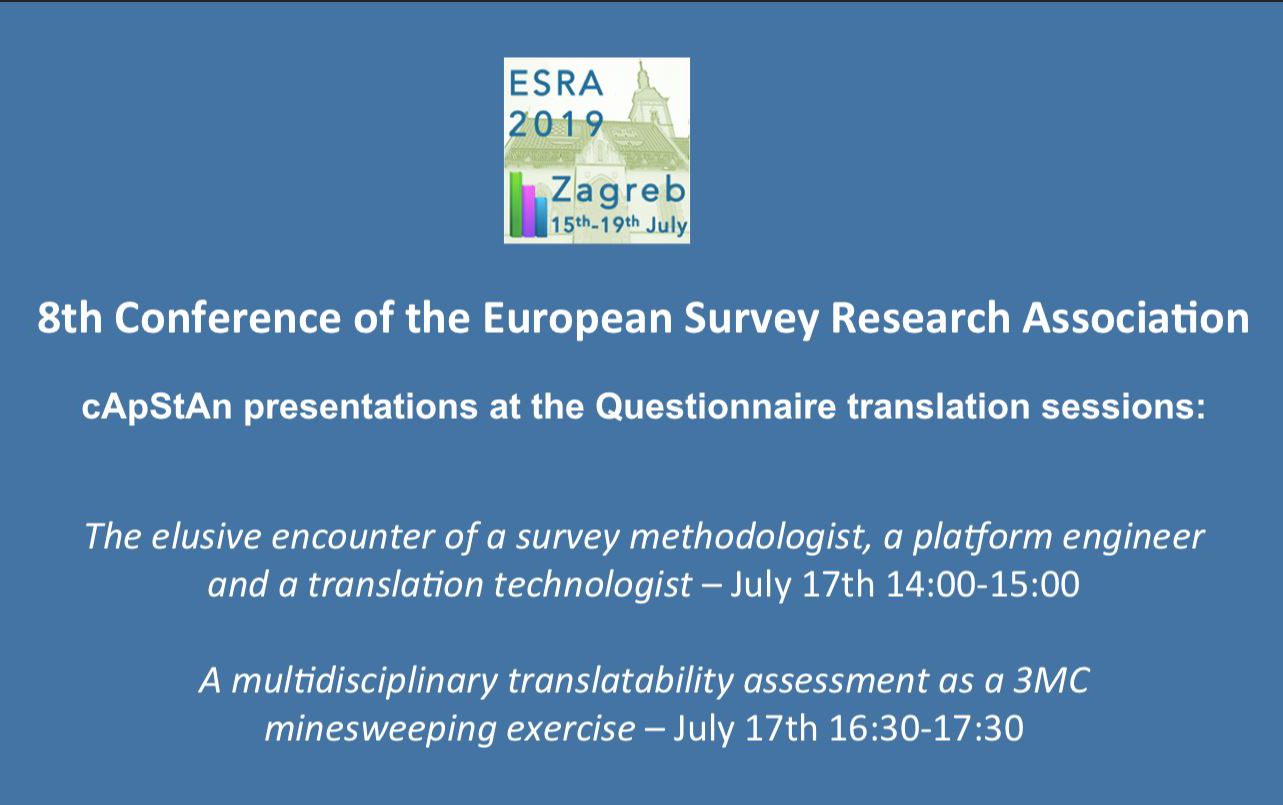
Meet us at ESRA 2019 at the Questionnaire translation sessions on Wednesday 17 July
If you are attending the 8th Conference of the European Survey Research Association, ESRA, in Zagreb (July 15-19) do take the time to visit our booth and meet cApStAn CEO Steve Dept and questionnaire adaptation specialist Elica Krajčeva. Both are field practitioners, and at this edition of the Conference, on July the 17th, they will present …
“Meet us at ESRA 2019 at the Questionnaire translation sessions on Wednesday 17 July”
Read More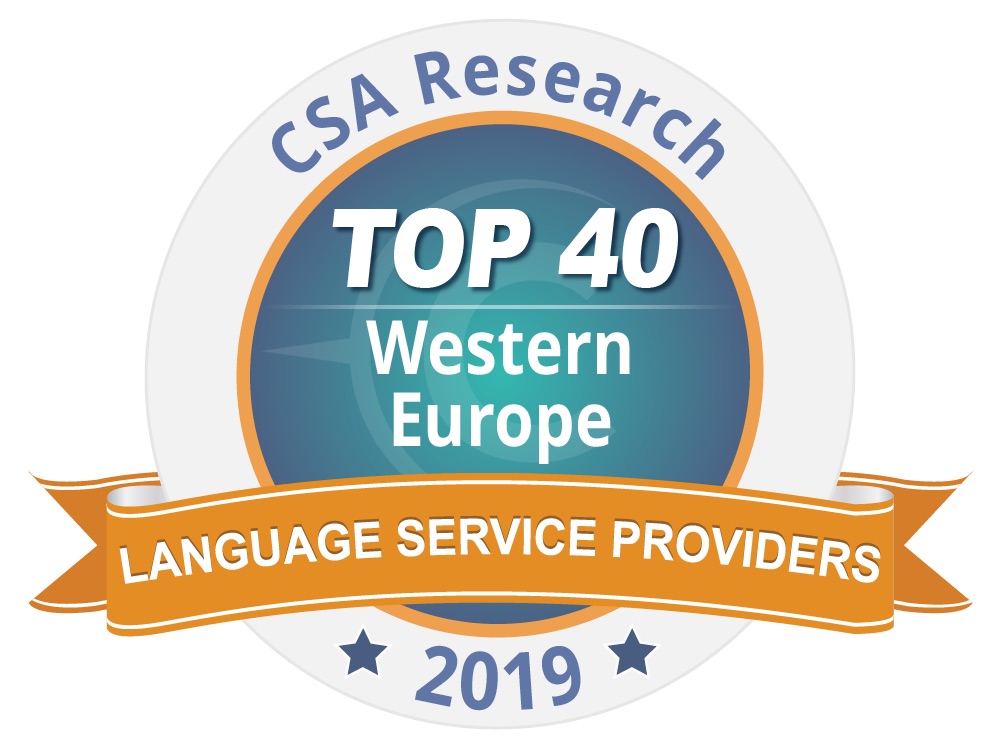
cApStAn Linguistic Quality Control recognized Among Top 40 Largest Language Service Providers in Western Europe
by Pisana Ferrari – cApStAn Ambassador to the Global Village cApStAn LQC is proud to announce its official ranking as one of the Top 40 Language Service Providers (LSPs) in Western Europe by independent market research firm CSA Research. “CSA Research is perceived as a reliable source worldwide for business insights on the language service …
Read More
A Sense of Direction
by Steve Dept – cApStAn partner cApStAn linguistic quality control is a brand name (and a registered trademark) for a holistic approach to translation and adaptation of assessments and surveys; cApStAn also stands for a certain lifestyle and spirit: “Excellence among friends”, as one of the founding partners likes to put it. When we take …
Read More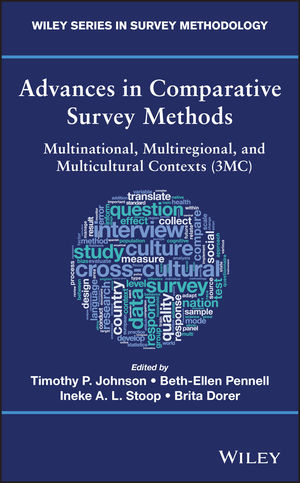
Advances in Comparative Survey Methods: Multinational, Multiregional and Multicultural Contexts
by Pisana Ferrari – cApStAn Ambassador to the Global Village A new volume of the Wiley Series on Survey Methodology has just come out: “Advances in Comparative Survey Methods: Multinational, Multiregional and Multicultural Contexts ” and is publicly available now. We have contributed chapter 16, titled “Documenting the Survey Translation and Monitoring Process”. Survey documentation …
“Advances in Comparative Survey Methods: Multinational, Multiregional and Multicultural Contexts”
Read More
The PISA 2021 Core D contract awarded to cApStAn
by Steve Dept – cApStAn partner The OECD Programme for International Student Assessment, or PISA (see the short PISA video here) is a system-level assessment of knowledge and skills in 15-year old students across the world. In other words, PISA implements (and analyses) internationally standardised assessments of student learning outcomes towards the end of compulsory …
“The PISA 2021 Core D contract awarded to cApStAn”
Read More
New technologies are shaping the way surveys are done
by Pisana Ferrari – cApStAn Ambassador to the Global Village The range of methods (“modes”) of data collection in surveys has changed drastically over the past decades. Each new technological advance has required survey research to adapt. More recently, as people are increasingly taking online surveys via their smartphones, new challenges have arisen in terms …
“New technologies are shaping the way surveys are done”
Read More